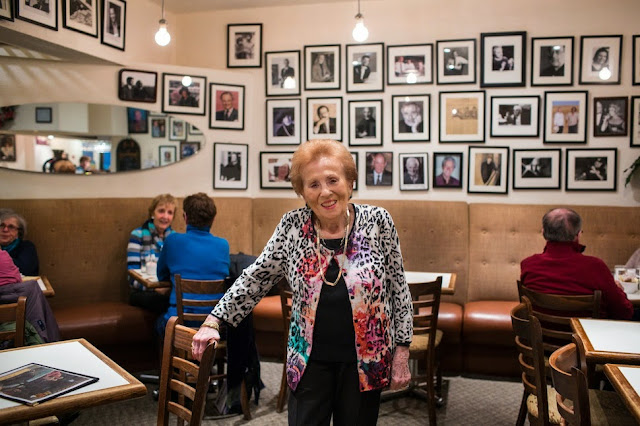London Food Truck Pilot Debate Becomes More Contentious
London Food
Truck Pilot Debate Becomes More Contentious
The London Food Truck Pilot reignited debate and Community and
Protective Services Committee voted 5-0 to refer the food truck pilot
proposal back to a special meeting on May 5th and a final vote on May 6th.
The
issue has been debated across the city since last spring. Among the more
disappointing proposals was a recommended cap of 12 (now 8) trucks and a
lottery for licenses. As of this writing Mayor Joe Fontana is calling the issue “Pandora’s
box” and wants to ban food trucks on Richmond Row, Old East Village, Wortley
Road and Byron. The Mayor’s new amendments to the proposal: higher
fees, larger buffer zones and earlier closings.
Many councillors remained hesitant about the pilot program going forward and two councilors wanted the proposal stopped for this year.
Last year, the Mayor spoke strongly in favour of making the pilot project more accessible. London City Council agreed to get more public feedback
on the proposed program to allow food trucks. The proposal worked its way
between city departments for months and has been refined and revised along the
way to avoid the bureaucratic red tape that plagued Toronto’s food truck
initiative. The City agreed to liberalize their initial food truck
plan, and is proposing a much less restrictive version that
seemingly balances the interests of stakeholders. In the proposal it was suggested
that a new food truck licence will cost a vendor $1,225.00. (The Mayor is now
saying this needs to be doubled).
Initially, the City Policy Coordinator stated that an
impartial food truck advisory review panel made up of local food industry
experts was expected to provide knowledgeable opinion and recommendations
regarding food truck strategy in London. In addition, the panel was anticipated
to be charged with encouraging culturally diverse and original menu offerings,
and endorsing the promotion of healthy eating. But the latest report that went
to politicians stated that menu-vetting (read micro-managing) is too
complicated to be part of London’s food-truck plan.
Under the new proposal, City staff was expected to be able
to designate locations based on such things as proximity to restaurants,
schools and neighbourhoods. Initially, there was to be a 25-metre buffer zone
separating food trucks from existing restaurants. (The Mayor is now saying that
is not enough and wants to double it to 50-metre buffer zone.) Food trucks will also be required to keep
their distance 100 metres from schools and vendors will be required to keep a
log of their whereabouts.
The revised proposed food truck by-law amendments appeared to
provide reasonable recommendations and safeguards making the pilot much more
accessible to entrepreneurs. However, the Mayor seems to have
done an about- face and it is still too early to try to define what the food truck
streetscape will look like and what new amendments
are yet to be made to this pilot proposal. At the end of the day, no council members seem to be in agreement of the food truck proposals as they stand. A final decision is expected to be made tomorrow night.



Comments
Post a Comment